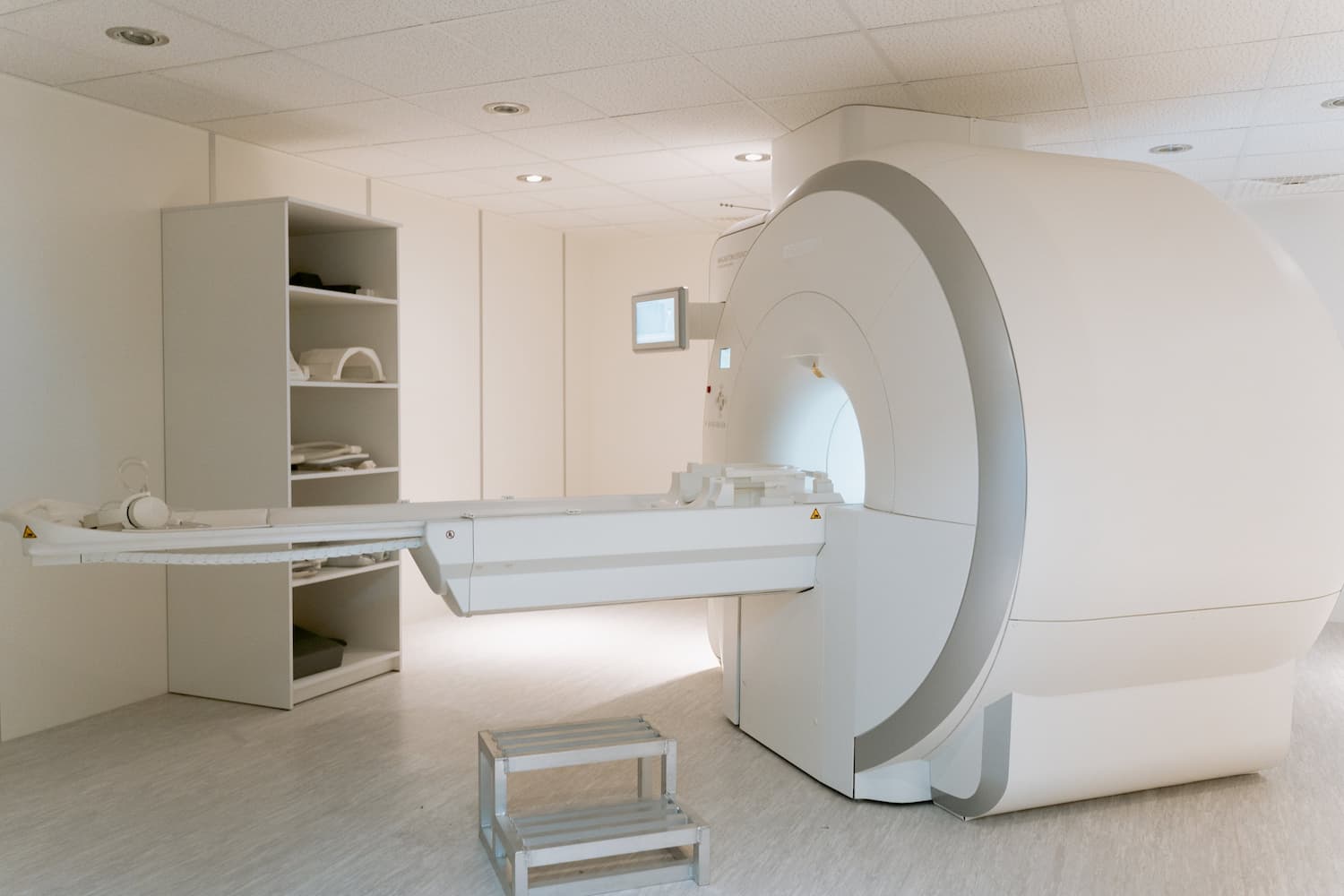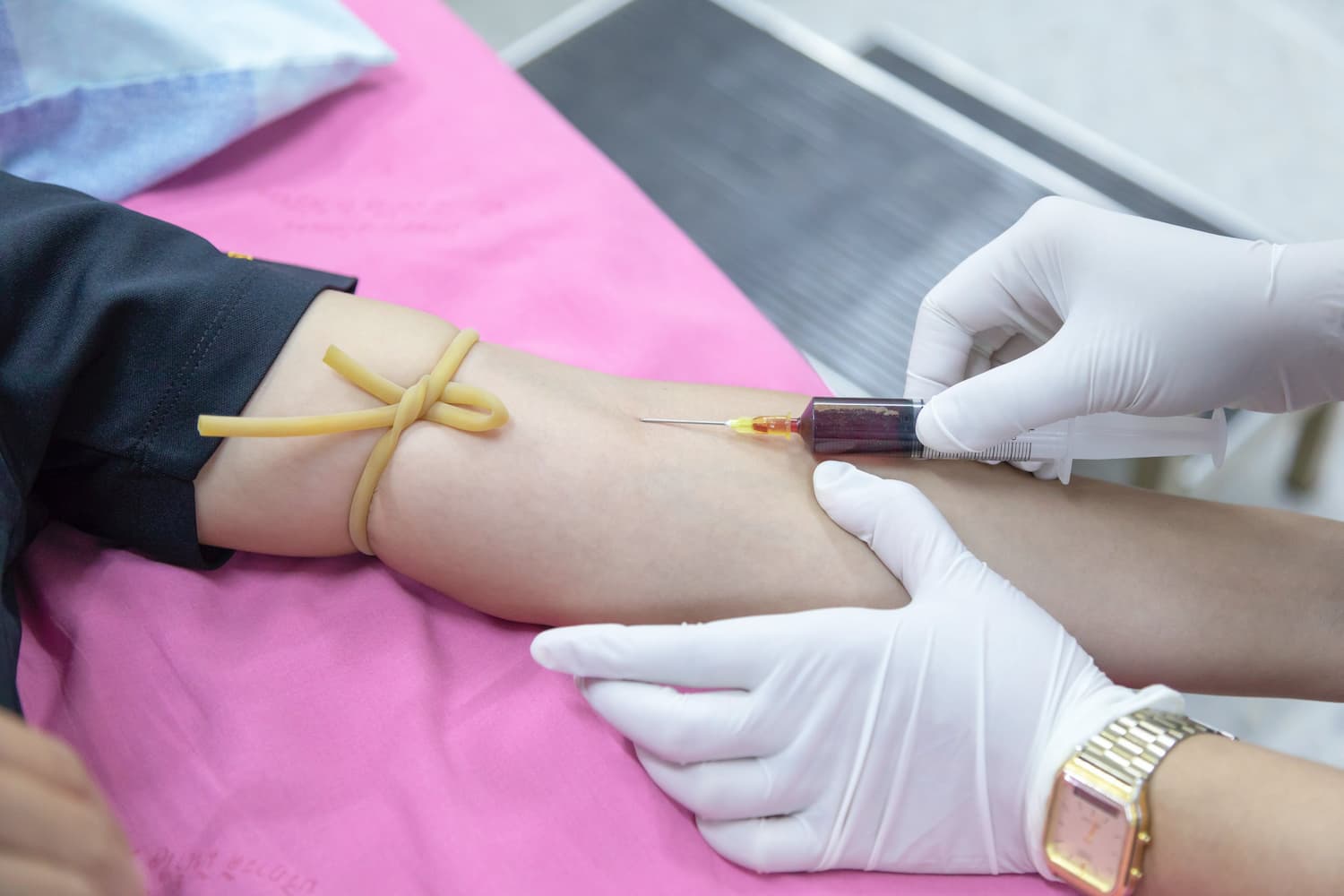
The prostate gland is a tiny but very important organ in the male reproductive system that helps maintain the production of healthy sperm cells. It sits between the bladder and the penis and is responsible for producing seminal fluid, which carries sperm cells out of the man's body to fertilise the egg of a woman. The fluid produced by the prostate gland contains enzymes and minerals that make it habitable for sperm cells until they're ready to leave the body. Unfortunately not all prostate glands can stay healthy for long.
Most men over the age of 65 suffer from a variety of prostate problems. Acute prostatitis is an inflammation of the prostate gland resulting from a bacterial infection. Enlarged prostate, also known as benign prostate hyperplasia (BPH), is characterised by an enlarged prostate gland due to abnormal cell growth. This condition does not lead to cancer, but it makes urinating difficult. Prostate cancer is the most common prostate condition that affects the male population.
What is Prostate Cancer?
Cancer Council, a charity organisation for cancer patients, reported 19,305 new cases of prostate cancer were diagnosed in Australia in 2016. It is the most commonly diagnosed cancer among males and the third most common cause of cancer death. In fact, the disease accounted for 3,264 deaths in Australia in 2018, according to Cancer Australia, the national agency which is responsible for ensuring the wellbeing of Australians affected by cancer.
Prostate cancer occurs when the cells in the tissue lining the prostate gland grow out of control. These cancer cells can spread to other parts of the body, including the bones and other organs. When prostate cancer cells spread throughout different parts of the body, this is called metastasis. Doctors aim to prevent metastatic prostate cancer as it increases the likelihood of death.
What are the Symptoms of Prostate Cancer
The early stages of prostate cancer show no symptoms. It develops gradually and, unless you undergo a prostate cancer screening, you will never know that you already have it. As the disease progresses, it will exhibit the following symptoms:
- Urinary incontinence due to loss of bladder control
- Blood in urine
- Weak flow of urine
- Bone pain
- Painful ejaculation
Advanced prostate cancer can affect the pelvic lymph node as well, causing pain in the back and pelvis, swelling in the legs or feet and fatigue. When these symptoms are not addressed immediately, they can develop into bone metastases.
What Causes Prostate Cancer?

Most patients with prostate cancer have a strong family history of breast cancer, ovarian cancer and prostate cancer. However, the condition cannot be purely based on genetics as there are people with prostate cancer who do not have a family history of prostate problems. Research shows your risk of prostate cancer increases as you get older.
High testosterone levels and a diet that's packed with saturated fats are other reasons that increase the risk for prostate cancer. Other medical studies have shown that the incidence rate for prostate cancer in African-American men is very high compared to men of other races.
How is Prostate Cancer Diagnosed?
A medical oncologist may conduct different types of exams in the diagnosis of prostate cancer to identify the type of cancer. These test may include the following:
Prostate biopsy
This type of test involves the removal of a small prostate tissue sample from the body to examine it under a microscope. A fine needle is inserted into the rectum to collect pieces of the glandular tissue.
Imaging Tests
 Magnetic resonance imaging, or MRI imaging, is a noninvasive procedure that displays the anatomy and activities of the prostate gland. MRI scanners use magnetic fields to produce 2D images of the organ, making detection of prostate cancer much easier.
Magnetic resonance imaging, or MRI imaging, is a noninvasive procedure that displays the anatomy and activities of the prostate gland. MRI scanners use magnetic fields to produce 2D images of the organ, making detection of prostate cancer much easier.
Transrectal Ultrasound
To avoid exposing the patient to radiation oncologists use transrectal ultrasound to gather images of the prostate gland. This procedure involves the insertion of a slender, flexible instrument into the rectum, positioning it near the organ.
Blood Tests

The doctor can take a blood sample from the patient to measure their prostate-specific antigen (PSA), a protein made by the prostate cells. High PSA levels can be indicative of the presence of prostate cancer cells. However, the results are not conclusive because not everyone with prostate cancer has high levels of PSA. This procedure is usually performed before a biopsy.
Bone Scan
The spread of prostate cancer cells to the bones, which is clinically known as bone metastases, causes extreme pain and bone fracture. A bone scan will reveal any abnormal changes in the bone structures.
What are Common Treatments for Prostate Cancer?
If you receive a positive prostate cancer diagnosis, it's important to discuss your treatment options with your oncologist immediately. The treatment of prostate cancer should be easy at its early stage. However, you have to weigh the benefits of a prostate cancer treatment against its adverse effects. The kind of treatment that doctors usually recommend depends on the stage of prostate cancer. Here's a list of the most common ones:
Hormonal Therapy
This type of medical treatment is used to lower the male hormones called androgens, which stimulate the growth of prostate cancer cells. Testosterone and dihydrotestosterone are the main androgens in a man's body. Luteinizing hormone-releasing hormone (LHRH) antagonists are drugs used to treat aggressive cancer as these reduce dihydrotestosterone and testosterone production. The common side effects of hormonal therapy include erectile dysfunction, reduction of penis, hot flashes, fatigue and weight gain.
Definitive Therapy
This type of therapy is used for treating localized prostate cancer. It involves a procedure called radical prostatectomy surgery, which is the removal of the prostate gland and tissues surrounding it, including the seminal vesicles. Although it can cure prostate cancer in the localized area, the side effects of treatment include urinary tract infection, bleeding, bladder infection and impotence.
Salvage Radiation Therapy
This treatment option is ideal for recurrent cancer. If, after your prostate surgeries, your PSA levels shoot up and threatens you of recurrent prostate cancer, salvage radiation therapy can help bring it down. Clinical studies show that many patients who underwent this procedure saw a significant decrease in their PSA levels and reported a 5-year survival rate from biochemical recurrence (BCR), which is the state of constantly increasing PSA levels.
Chemotherapy
Doctors and prostate cancer patients turn to chemotherapy when the cancer cells have proliferated in different organs and the body refuses to respond to hormone therapy. The drugs are administered for a fixed period of time and may lead to several side effects, including hair loss, diarrhoea, mouth ulcers, nausea, vomiting, bleeding and fatigue.
Systemic Treatments
A systemic treatment is designed for metastatic castration-sensitive prostate cancer, a type of cancer that has spread throughout the body. This treatment approach combines hormone therapy, chemotherapy, immunotherapy and other types of systemic therapies. As it involves the use of a variety of drugs, systemic therapies may cause fatigue, hair loss and cognitive impairment.
Can Prostate Cancer Be Prevented?
The development of prostate cancer takes years, so there's really no way to tell if you have the symptoms until they start showing up. Undergoing routine screening for prostate cancer, maintaining a healthy diet, exercising daily and maintaining a weight that suits your height may not guarantee a reduction in prostate cancer risk, but you're less likely to suffer a massive blow. However, should you show signs of the disease, do not have second thoughts about undergoing screening tests and talking to your doctor about the possible treatment, or a type of surgery, that you can receive.
Like skin cancer and other types of cancer, identifying the contributing factors for prostate cancer is a challenging task for patients and doctors alike. However, it's never too early to explore your treatment options and which standard of care can protect you from it.
|
Do you have a natural health & wellness business? |










